eat this everyday 💚
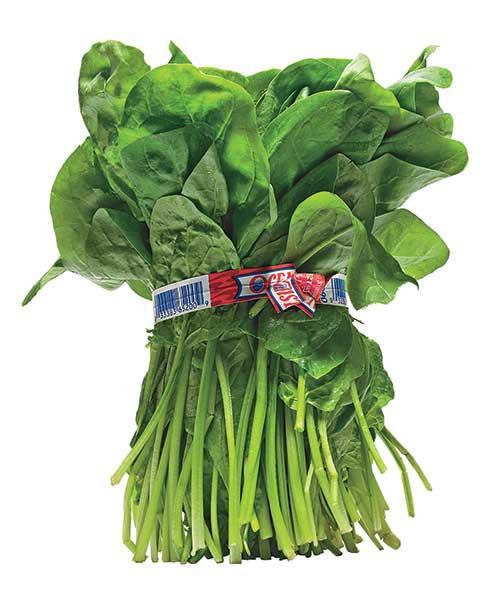
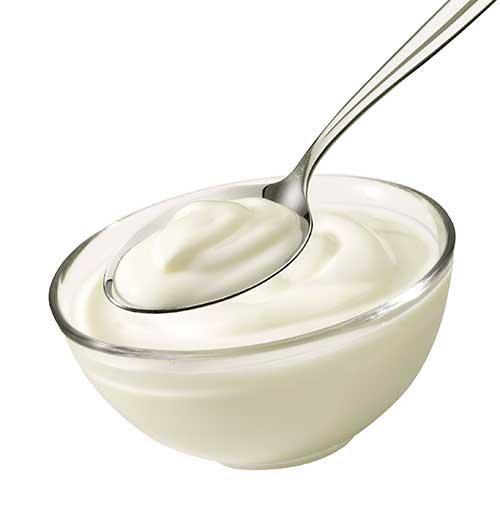
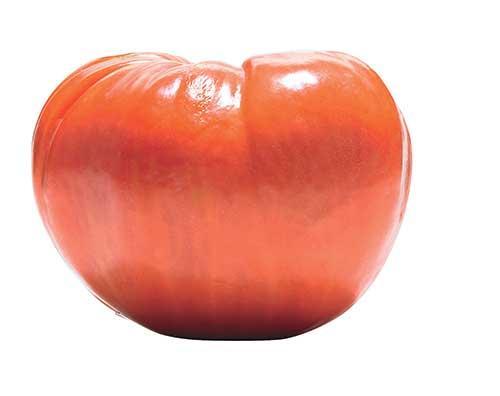
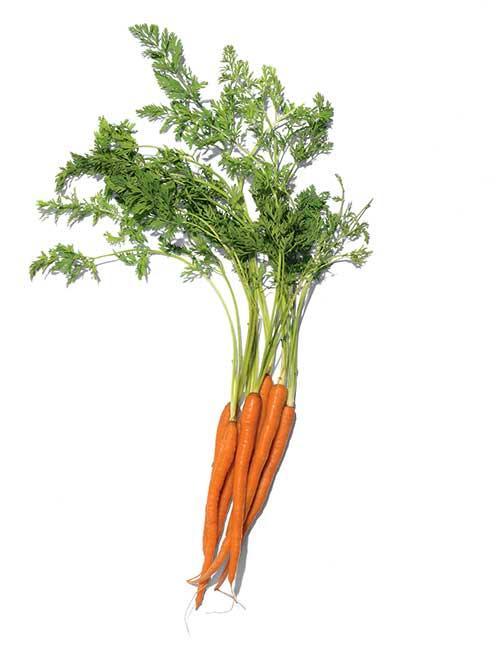

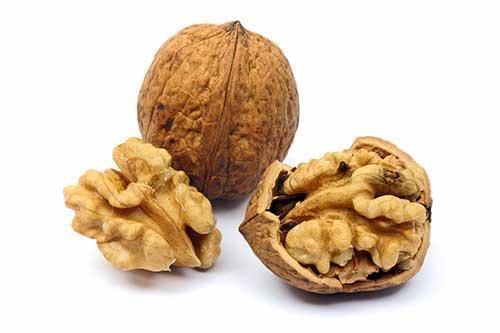
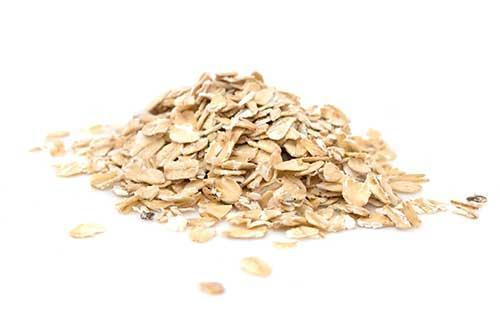

Spinach
It may be green and leafy, but spinach is no nutritional wallflower, and you know from reading Eat This, Not That!. This noted muscle builder is a rich source of plant-based omega-3s and folate, which help reduce the risk of heart disease, stroke, and osteoporosis. And spinach is packed with lutein, a compound that fights macular degeneration. Aim for 1 cup fresh spinach or 1/2 cup cooked per day.
It may be green and leafy, but spinach is no nutritional wallflower, and you know from reading Eat This, Not That!. This noted muscle builder is a rich source of plant-based omega-3s and folate, which help reduce the risk of heart disease, stroke, and osteoporosis. And spinach is packed with lutein, a compound that fights macular degeneration. Aim for 1 cup fresh spinach or 1/2 cup cooked per day.
Make your salads with spinach; add spinach to scrambled eggs; drape it over pizza; mix it with marinara sauce and then microwave for an instant dip.

Yogurt
Various cultures claim yogurt as their own creation, but the 2,000-year-old food’s health benefits are not disputed: Fermentation spawns hundreds of millions of probiotic organisms that serve as reinforcements to the battalions of beneficial bacteria in your body. That helps boost your immune system and helps provide protection against cancer. Make sure the label says “live and active cultures.” Aim for 1 cup of the calcium and protein-rich goop a day. When you’re at the store stocking up, make sure to keep our guide to the Best and Worst Yogurts of every type by your side.
Various cultures claim yogurt as their own creation, but the 2,000-year-old food’s health benefits are not disputed: Fermentation spawns hundreds of millions of probiotic organisms that serve as reinforcements to the battalions of beneficial bacteria in your body. That helps boost your immune system and helps provide protection against cancer. Make sure the label says “live and active cultures.” Aim for 1 cup of the calcium and protein-rich goop a day. When you’re at the store stocking up, make sure to keep our guide to the Best and Worst Yogurts of every type by your side.

Tomatoes
There are two things you need to know about tomatoes: Red are the best, because they’re packed with more of the antioxidant lycopene, and processed tomatoes are just as potent as fresh ones, because it’s easier for the body to absorb the lycopene. Studies show that a diet rich in lycopene can decrease your risk of bladder, lung, prostate, skin, and stomach cancers, as well as reduce the risk of coronary artery disease. Aim for 22 mg of lycopene a day, which is about eight red cherry tomatoes or a glass of tomato juice.
There are two things you need to know about tomatoes: Red are the best, because they’re packed with more of the antioxidant lycopene, and processed tomatoes are just as potent as fresh ones, because it’s easier for the body to absorb the lycopene. Studies show that a diet rich in lycopene can decrease your risk of bladder, lung, prostate, skin, and stomach cancers, as well as reduce the risk of coronary artery disease. Aim for 22 mg of lycopene a day, which is about eight red cherry tomatoes or a glass of tomato juice.
SUBSTITUTES: Red watermelon, pink grapefruit, Japanese persimmon, papaya, guava

Carrots
Most red, yellow, or orange vegetables and fruits are spiked with carotenoids — fat-soluble compounds that are associated with a reduction in a wide range of cancers, as well as reduced risk and severity of inflammatory conditions such as asthma and rheumatoid arthritis — but none are as easy to prepare, or have as low a caloric density, as carrots. Aim for A cup a day
Most red, yellow, or orange vegetables and fruits are spiked with carotenoids — fat-soluble compounds that are associated with a reduction in a wide range of cancers, as well as reduced risk and severity of inflammatory conditions such as asthma and rheumatoid arthritis — but none are as easy to prepare, or have as low a caloric density, as carrots. Aim for A cup a day

Blueberries
Host to more antioxidants than any other North American fruit, blueberries can help prevent cancer, diabetes, and age-related memory changes (hence the nickname “brain berry”). Studies show that blueberries, which are rich in fiber and vitamins A and C, also boost cardiovascular health. Aim for 1 cup fresh blueberries a day, or 1/2 cup frozen or dried. An easy way to get it in as you start your day is our amazing blueberry smoothie!
Host to more antioxidants than any other North American fruit, blueberries can help prevent cancer, diabetes, and age-related memory changes (hence the nickname “brain berry”). Studies show that blueberries, which are rich in fiber and vitamins A and C, also boost cardiovascular health. Aim for 1 cup fresh blueberries a day, or 1/2 cup frozen or dried. An easy way to get it in as you start your day is our amazing blueberry smoothie!

Walnuts
Richer in heart-healthy omega-3s than salmon, loaded with more anti-inflammatory polyphenols than red wine, and packing half as much muscle-building protein as chicken, the walnut sounds like a Frankenfood, but it grows on trees. Other nuts combine only one or two of these features, not all three. A serving of walnuts — about 1 ounce, or 7 nuts — is good anytime, but especially as a post-workout recovery snack.
Richer in heart-healthy omega-3s than salmon, loaded with more anti-inflammatory polyphenols than red wine, and packing half as much muscle-building protein as chicken, the walnut sounds like a Frankenfood, but it grows on trees. Other nuts combine only one or two of these features, not all three. A serving of walnuts — about 1 ounce, or 7 nuts — is good anytime, but especially as a post-workout recovery snack.

Oats
The éminence grise of health food, oats garnered the FDA’s first seal of approval. They are packed with soluble fiber, which lowers the risk of heart disease. Yes, oats are loaded with carbs, but the release of those sugars is slowed by the fiber, and because oats also have 10 grams of protein per 1/2-cup serving, they deliver steady, muscle-friendly energy.
The éminence grise of health food, oats garnered the FDA’s first seal of approval. They are packed with soluble fiber, which lowers the risk of heart disease. Yes, oats are loaded with carbs, but the release of those sugars is slowed by the fiber, and because oats also have 10 grams of protein per 1/2-cup serving, they deliver steady, muscle-friendly energy.
Comments
Post a Comment